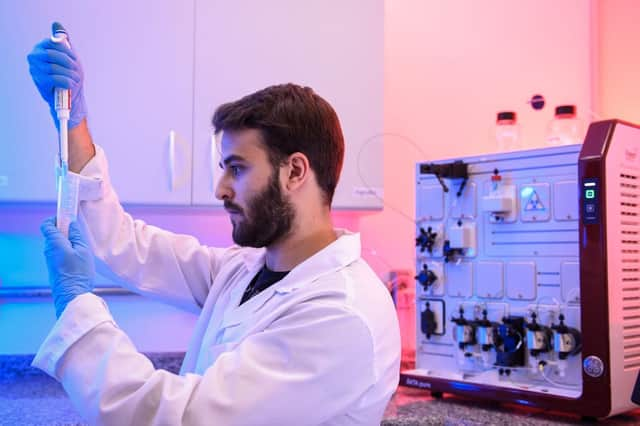Coronavirus immunity may not last for long after recovery - here’s what scientists are saying


It’s commonly thought that humans only catch most illnesses once.
Our bodies’ immune systems do a brilliant job of isolating viruses, creating efficient methods of fighting them, and then remembering that information for years.
Advertisement
Hide AdAdvertisement
Hide AdBut is that the case with Covid-19? Will catching it once mean you are immune, or can you be susceptible to the disease further down the line?
Since Covid-19 is a ‘novel’ (or new) coronavirus, we know relatively little about it, compared to similar viruses that have been studied and researched for decades. That means that the answer to many of the following questions is simply, ‘We don’t know’ at the moment. Although evidence is beginning to emerge that does suggest more clear-cut answers for many queries.
Here’s everything you need to know.
How long does coronavirus immunity last?
Even if immunity is secured after recovering from Covid-19, how long that immunity lasts for is still yet to be determined.
New research by King’s College London suggests that antibodies decrease significantly in the three months following infection, leaving patients susceptible to reinfection year after year. This is similar to the body’s reaction to the common cold.
Advertisement
Hide AdAdvertisement